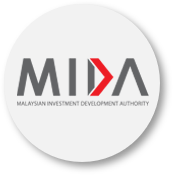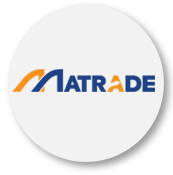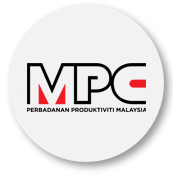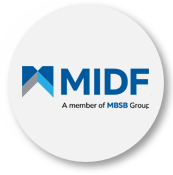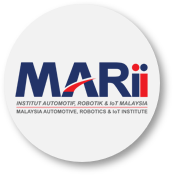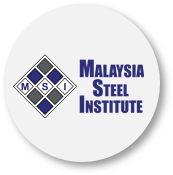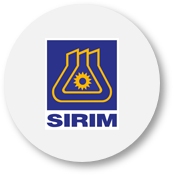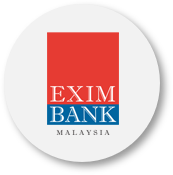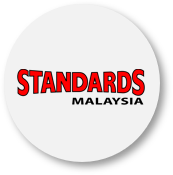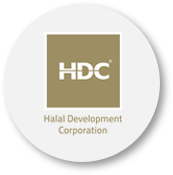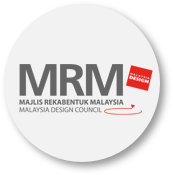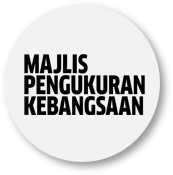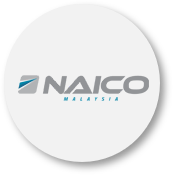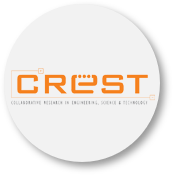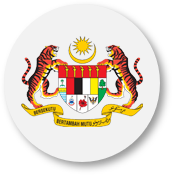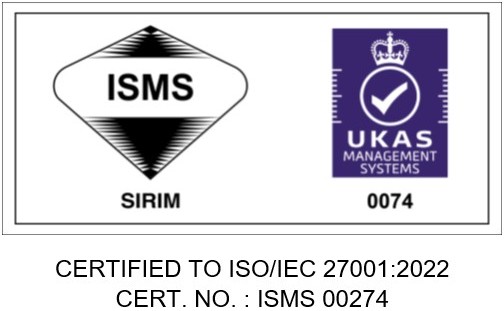Recognising the integral role of business and the value of representative business advice on key issues, APEC Leaders established the APEC Business Advisory Council (ABAC) in 1995.
This private sector body presents recommendations to APEC Leaders in an annual dialogue and advises APEC officials on business sector priorities and concerns. ABAC meets four times per year, and ABAC representatives also attend Senior Officials' Meetings, the Annual Ministerial Meeting and the sectoral Ministerial Meetings.
ABAC comprises up to three senior business people from each APEC economy and the appointments are made by the Leader of the member economy concerned. The Chair of ABAC comes from the economy that is hosting APEC and therefore changes annually. ABAC represents a diverse range of sectors and includes small and large enterprises.
ABAC's annual report to APEC Economic Leaders outline business views about priority regional issues and contain recommendations to improve the business and investment environment in the APEC region. Many of ABAC's recommendations, for example the idea of a Free Trade Area of the Asia Pacific (FTAAP), have become core APEC activities.
At the last meeting of the year in Vladivostok from 2 to 8 September 2012, the Council highlighted some key achievements of its working groups over the course of the year:
- Creation of the Policy Partnership on Food Security (PPFS) and the Policy Partnership on Innovation (PPSTI)
- Agreement to amend the APEC Non-Binding Investment Principles
- Funding for a region-wide Skills Mapping Study (ABAC-APEC Joint Project)
- Detailed deliberation on ABAC papers on Investing for Growth and Regulatory Coherence
- First-ever joint meeting of the Group on Services and the Market Access Group to consider “Embedded and Embodied Services”, arising directly from ABAC’s “Understanding Services” Report, endorsed by Leaders in Honolulu last November.
The Council also endorsed several key decisions and documents:
- A Letter to the Russian SOM Chair and the Indonesian Senior Official (incoming SOM Chair) recommending a joint ABAC-APEC project on Global Data Standard Project in support of the APEC Supply Chain Connectivity Action Plan
- An ABAC Joint Statement on TPP urging its completion in 2013
- Agreement to highlight the PPFS in all possible dialogues with Leaders
Indonesia took over Russia as Chair of ABAC in 2013 and outlined the ABAC 2013 theme: Partnership, Resilience and Bridges to Growth.
The sub-theme: (i) Strengthening regional resilience and integration with new areas of growth; (ii) Strengthening economic foundations and financial structures for balanced, inclusive and sustainable growth.
The overall priorities: (i) Deepening regional economic integration; (ii) Promoting infrastructure and sustainable development; (iii) Fostering SMME development & entrepreneurship; (iv) Fostering the development and integration of financial markets.
At the first ABAC meeting in Manila, the Philippines on 20-23 January 2013, the Council endorsed working groups’ action plans for the year 2013.
The Infrastructure and Sustainable Development Working Group will focus on:
- Strengthening food security by overseeing the implementation of the Policy Partnership of Food Security’s (PPFS) Action Plan for 2013;
- Promoting blue economy growth and sustainability;
- Promoting green growth by improving energy efficiency & facilitating trade in environmental goods and services (EGS);
- Facilitating technology dissemination by developing an effective approach, mechanism and platform;
- Accelerating infrastructure development by improving the investment environment.
The Regional Economic Integration Working Group will focus on:
- Liberalising trade and investment (including WTO issues, Doha Round and the Free Trade Area of Asia-Pacific);
- Pursuing the new services agenda building on the 2012 Marshall Business School report and the 2011 ABAC services report;
- Enhancing supply chain connectivity through promoting global data standards and associated supply chain infrastructure technologies in the APEC region.
The Small, Medium and Micro Enterprises (SMMEs) & Entrepreneurship Working Group will focus on:
- Policy development in promoting sustainability of SMME businesses, in particular access to finance;
- Policies promoting the creation of businesses and business models;
- Policies that facilitate the use of information and communications technologies to empower SMME access to international markets.
The Finance and Economic Working Group will focus on:
- Macroeconomic overview and G-20 developments;
- Promoting the Asia Pacific Financial Forum (APFF) to develop regional financial markets integration and address regulatory, structural, and legal reforms to promote financial market development;
- Developing strategies to achieve balanced and innovative growth and stronger financial integration;
- Promoting public-private partnerships and infrastructure finance;
- Promoting practical solutions to financial inclusion.
The Action Plan and Advocacy Working Group will focus on:
- Tracking progress and effectiveness of ABAC recommendations;
- Synchronizing ABAC Working Groups in identifying and enhancing linkages within ABAC recommendations and with APEC;
- Developing action and advocacy plans for ABAC 2013 key priorities;
- Building greater awareness in home economies of the role and importance of ABAC and its priority initiatives.
The Council also agreed on the following key deliverables for the year:
- ABAC letter to Minister of Trade to be finalized at the second ABAC meeting in April;
- ABAC letter to APEC SME Ministers and to APEC Finance to be finalized at the third ABAC meeting in July;
- ABAC annual report and letter to APEC Leaders to be finalized at the fourth ABAC meeting in October.
ABAC meetings:
- The first ABAC Meeting was held on 20-23 January 2013 in Manila, the Philippines (ABAC News Release)
- The second ABAC Meeting will be held on 1-4 April 2013 in Singapore
- The third ABAC Meeting will be held on 8-11 July 2013 in Japan
- The fourth ABAC Meeting will be held on 2-5 October 2013 in Bali, Indonesia
More information on ABAC is available at: www.abaconline.org.
1st ABAC Report 2010 (Melbourne)
3rd ABAC Report 2010 (Bangkok)







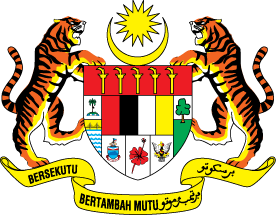





 Home
Home








